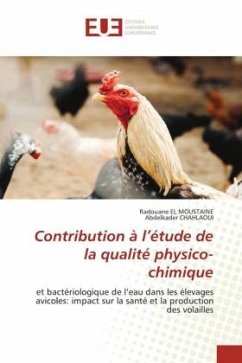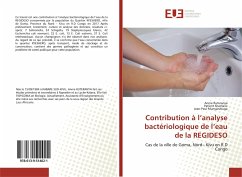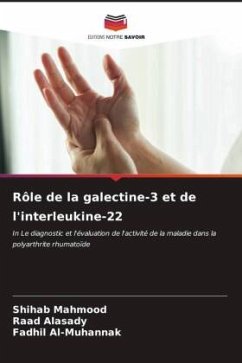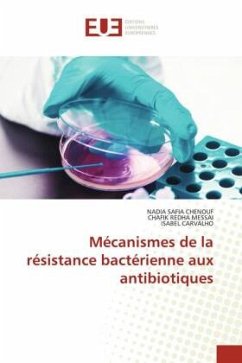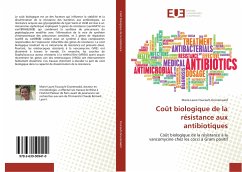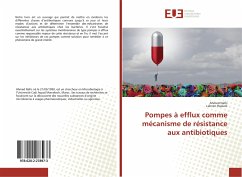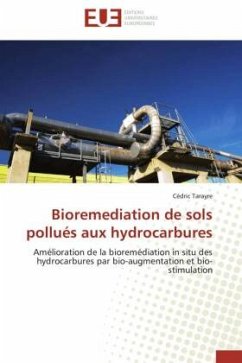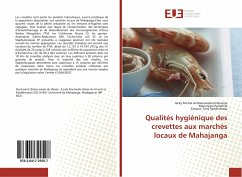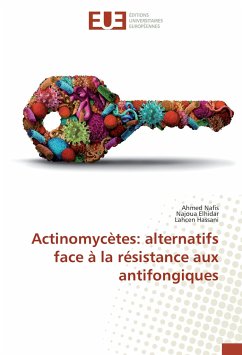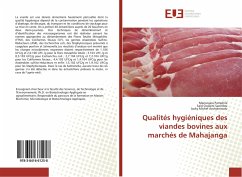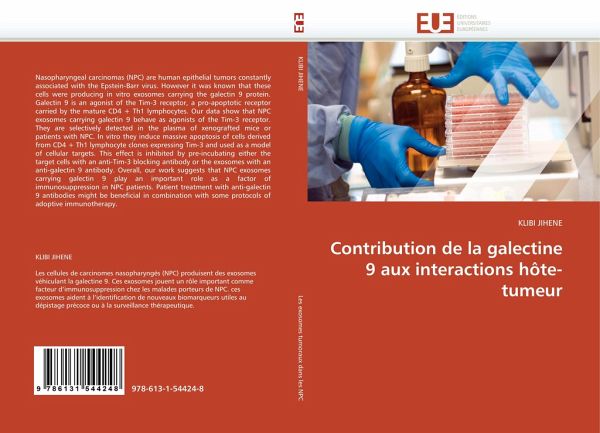
Contribution de la galectine 9 aux interactions hôte-tumeur
Versandkostenfrei!
Versandfertig in 6-10 Tagen
32,99 €
inkl. MwSt.

PAYBACK Punkte
16 °P sammeln!
Nasopharyngeal carcinomas (NPC) are human epithelial tumors constantly associated with the Epstein-Barr virus. However it was known that these cells were producing in vitro exosomes carrying the galectin 9 protein. Galectin 9 is an agonist of the Tim-3 receptor, a pro-apoptotic receptor carried by the mature CD4 + Th1 lymphocytes. Our data show that NPC exosomes carrying galectin 9 behave as agonists of the Tim-3 receptor. They are selectively detected in the plasma of xenografted mice or patients with NPC. In vitro they induce massive apoptosis of cells derived from CD4 + Th1 lymphocyte clone...
Nasopharyngeal carcinomas (NPC) are human epithelial tumors constantly associated with the Epstein-Barr virus. However it was known that these cells were producing in vitro exosomes carrying the galectin 9 protein. Galectin 9 is an agonist of the Tim-3 receptor, a pro-apoptotic receptor carried by the mature CD4 + Th1 lymphocytes. Our data show that NPC exosomes carrying galectin 9 behave as agonists of the Tim-3 receptor. They are selectively detected in the plasma of xenografted mice or patients with NPC. In vitro they induce massive apoptosis of cells derived from CD4 + Th1 lymphocyte clones expressing Tim-3 and used as a model of cellular targets. This effect is inhibited by pre-incubating either the target cells with an anti-Tim-3 blocking antibody or the exosomes with an anti-galectin 9 antibody. Overall, our work suggests that NPC exosomes carrying galectin 9 play an important role as a factor of immunosuppression in NPC patients. Patient treatment with anti-galectin 9 antibodies might be beneficial in combination with some protocols of adoptive immunotherapy.



